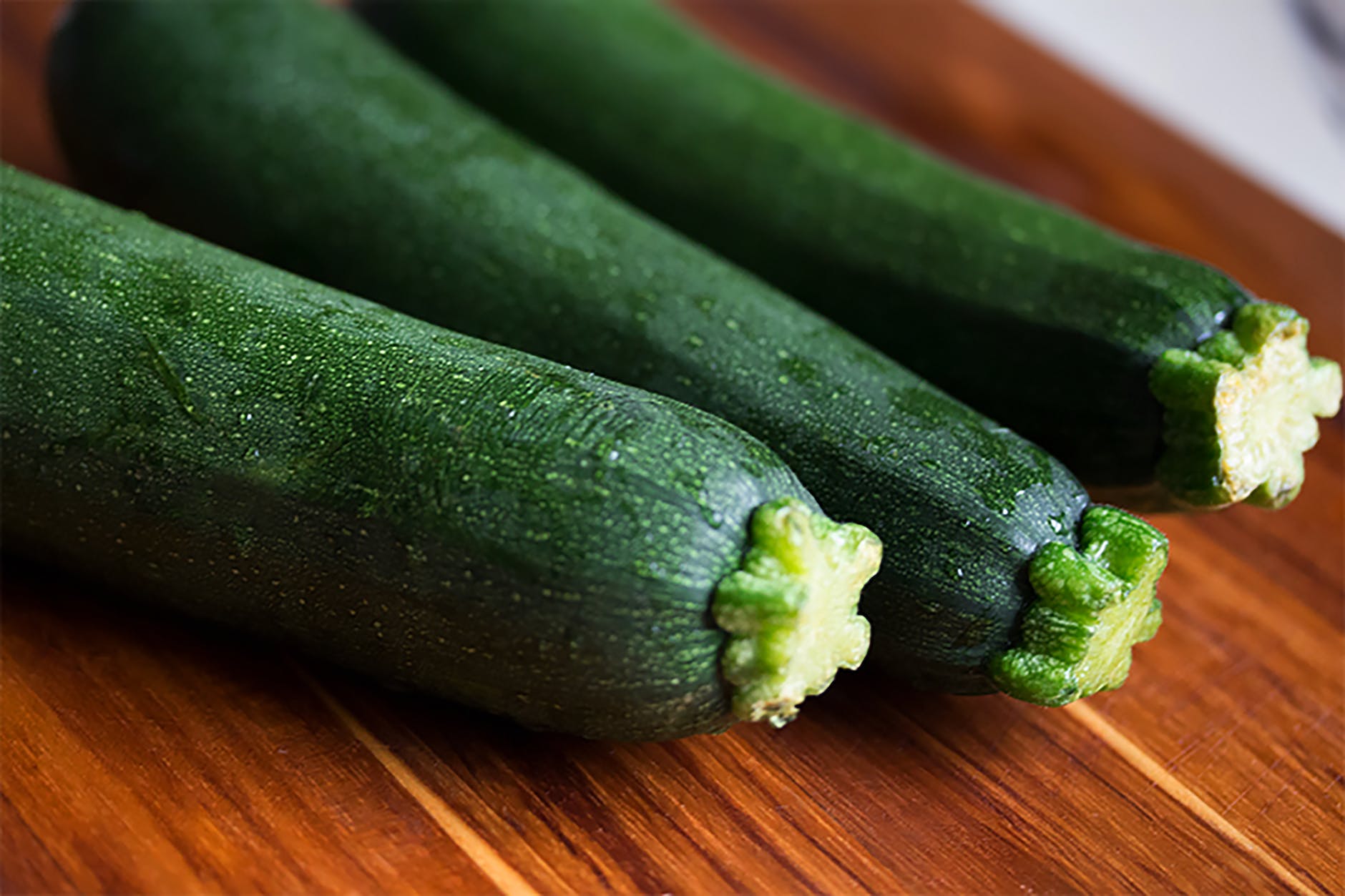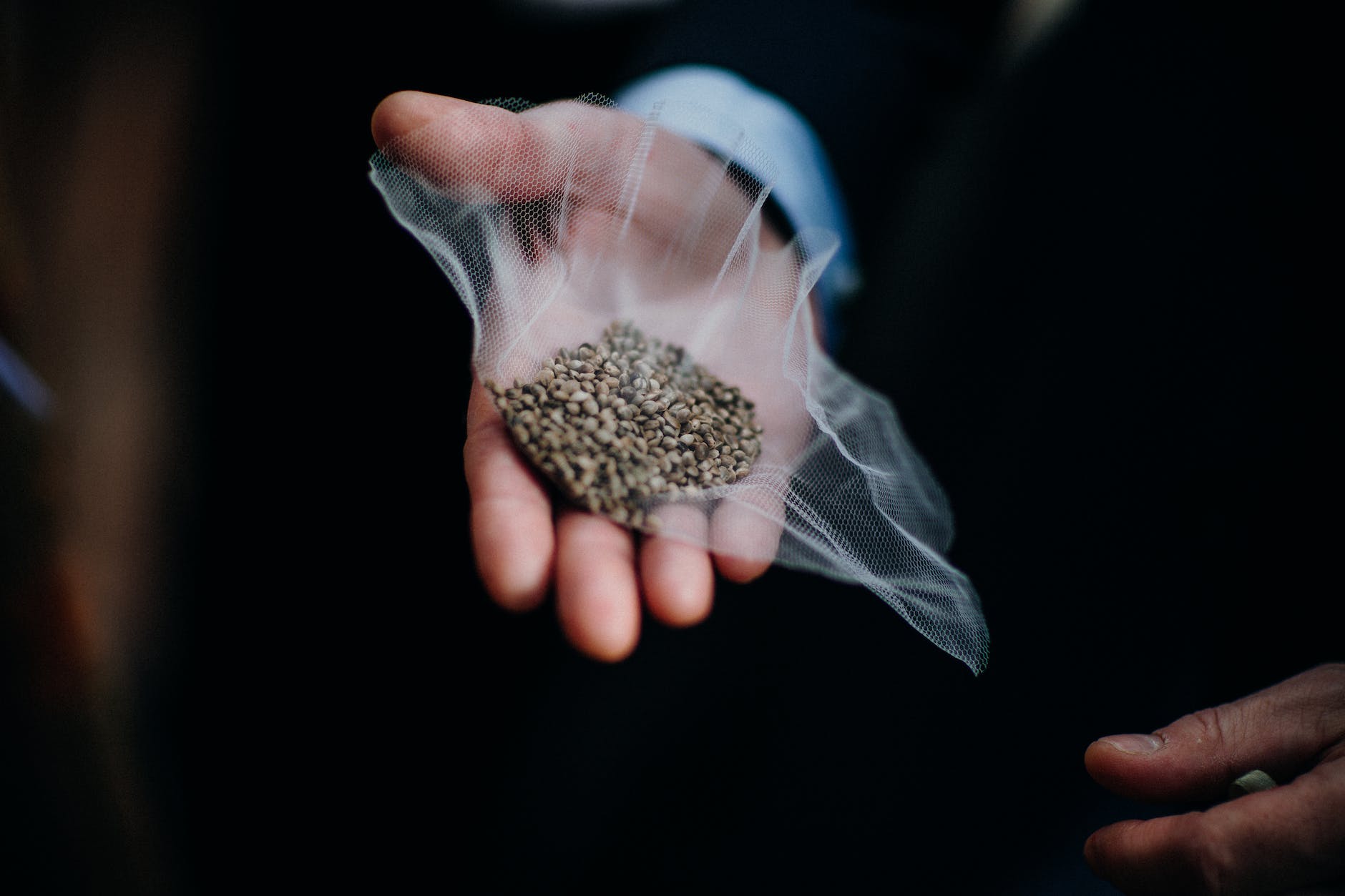
Introduction
Embarking on a weight loss journey often involves scrutinizing every food item on your plate, and sweet potatoes frequently find themselves under this dietary microscope. Known for their rich, savory-sweet flavor, these vibrant tubers are a staple in many diets, but their role in weight loss is often misunderstood and underestimated.
In this post, we will delve into the world of sweet potatoes, exploring their nutritional profile and uncovering the truth behind their impact on weight loss. Far from being just another carbohydrate source, sweet potatoes are a nutritional powerhouse, packed with vitamins, minerals, fiber, and essential nutrients that can play a pivotal role in a healthy weight loss diet.
We’ll navigate through the maze of myths and facts about sweet potatoes, examining how their high fiber content, low glycemic index, and nutrient density can not only complement but enhance your weight loss efforts. Whether baked, boiled, or mashed, these humble roots offer more than just taste; they bring a wealth of health benefits to your table.
So, let’s embark on a journey to discover the hidden virtues of sweet potatoes and how they can be integrated into a weight loss diet effectively, without sacrificing flavor or nutrition.
The Nutritional Breakdown: Sweet Potatoes Unveiled
At first glance, sweet potatoes are often categorized simply as starchy vegetables, but a deeper dive into their nutritional makeup reveals why they are a dieter’s ally. Let’s unpack the nutritional value of sweet potatoes and understand how they can be an asset in weight loss:
- Calories and Carbohydrates: Despite being a carb-rich food, sweet potatoes are relatively low in calories. A medium-sized sweet potato contains about 112 calories and 26 grams of carbohydrates, offering a balanced energy source without the calorie overload.
- Rich in Fiber: One of the most significant attributes of sweet potatoes in the context of weight loss is their fiber content. With approximately 4 grams of fiber per cup, they help in promoting satiety, reducing overall calorie intake, and aiding digestion. This high fiber content also contributes to a slow and steady release of glucose into the bloodstream, making sweet potatoes an excellent food for blood sugar regulation.
- Vitamins and Minerals: Sweet potatoes are a treasure trove of essential vitamins and minerals. They are an excellent source of beta-carotene, vitamin C, potassium, and magnesium. These nutrients not only support a healthy immune system but also play a role in various bodily functions that are crucial for overall health and well-being.
- Low Glycemic Index: Contrary to many high-carb foods, sweet potatoes have a low glycemic index. This means they cause a slower rise in blood sugar levels, which is beneficial for weight management and preventing spikes in hunger.
In the next section, we will explore how these nutritional components of sweet potatoes contribute to weight loss and how they can be incorporated into a diet effectively.
Sweet Potatoes in Weight Loss: Beyond Just Calories
Understanding the role of sweet potatoes in weight loss requires more than just a look at their calorie count. It’s about how their unique nutritional composition can support and even accelerate weight loss efforts:
- Fiber: A Weight Loss Champion: The high fiber content in sweet potatoes is a game-changer for weight loss. Fiber not only keeps you feeling full longer, reducing the likelihood of overeating, but it also aids in digestion and stabilizes blood sugar levels. This can prevent the kind of cravings that lead to unhealthy snacking. With 8 grams of fiber in a cup of mashed sweet potatoes, they can significantly contribute to your daily fiber goals.
- Regulating Blood Sugar Levels: Thanks to their low glycemic index, sweet potatoes release sugar into the bloodstream gradually, preventing the spikes and crashes that can lead to increased hunger and overeating. This steady energy release is key for maintaining consistent energy levels and avoiding the pitfalls of quick, high-sugar snacks.
- Nutrient Density for Overall Health: Sweet potatoes are not just about aiding weight loss directly; their rich nutrient profile supports overall health, which is crucial when you’re trying to lose weight. They provide essential vitamins and minerals that keep the body functioning optimally, support the immune system, and help in muscle and nerve function.
- Versatility in Diet: The versatility of sweet potatoes makes them an excellent addition to any weight loss diet. Whether baked, boiled, or steamed, they can be prepared in a variety of ways that suit any taste preference, making it easier to stick to a healthy eating plan.
- Anti-Inflammatory Properties: Sweet potatoes, particularly the purple variety, have been noted for their anti-inflammatory properties. Inflammation is often linked to obesity and chronic diseases, so incorporating anti-inflammatory foods like sweet potatoes can be beneficial for those looking to lose weight.
In the following section, we’ll discuss how to incorporate sweet potatoes into your diet in a way that maximizes their weight loss benefits, along with some delicious, healthy recipes.
Incorporating Sweet Potatoes into Your Weight Loss Diet
Integrating sweet potatoes into your weight loss diet can be both enjoyable and beneficial. Here are some tips and ideas for adding sweet potatoes to your diet in a way that supports your weight loss goals:
- Choose Healthy Cooking Methods: The way you prepare sweet potatoes can make a big difference in their health benefits. Opt for baking, boiling, or steaming instead of frying. These methods preserve the nutrients and fiber while avoiding extra calories from oils or fats.
- Creative and Nutritious Recipes:
- Baked Sweet Potato: Simply baking a sweet potato and topping it with a sprinkle of cinnamon or a dollop of Greek yogurt can make for a nutritious, filling meal.
- Sweet Potato Salad: Combine boiled sweet potato cubes with greens, nuts, and a light vinaigrette for a fiber-rich, nutritious salad.
- Mashed Sweet Potatoes: Mash boiled sweet potatoes with a bit of almond milk and herbs for a creamy and healthy side dish.
- Portion Control: While sweet potatoes are healthy, portion size still matters, especially when you’re watching your calorie intake. A medium sweet potato is often a good serving size, providing the benefits without overloading on carbs.
- Balancing the Meal: Pair sweet potatoes with sources of lean protein like chicken or fish and other non-starchy vegetables. This balance helps create a well-rounded meal that satisfies without overindulging in carbs.
- Snack Smart: For a healthy snack, try sweet potato slices baked in the oven until crisp. These can be a great alternative to processed snacks, providing both nutrition and satiety.
- Incorporate a Variety of Types: Don’t just stick to one type of sweet potato. Experiment with different varieties, such as purple or white sweet potatoes, each offering unique flavors and nutritional profiles.
By incorporating sweet potatoes into your diet thoughtfully, you can enjoy their taste and health benefits while still staying on track with your weight loss goals. In the next section, we’ll debunk some common myths about sweet potatoes and weight loss, helping you make informed dietary choices.
Debunking Myths: Sweet Potatoes in the Weight Loss Narrative
Despite their numerous health benefits, there are several myths surrounding sweet potatoes, especially regarding weight loss. Let’s debunk some of these common misconceptions and set the record straight:
- Myth: Sweet Potatoes Are Too High in Carbs for Weight Loss: While sweet potatoes are a source of carbohydrates, they are also high in fiber and have a low glycemic index. This combination helps in managing hunger and blood sugar levels, making them a suitable choice even in a weight loss diet when consumed in moderation.
- Myth: Sweet Potatoes Lead to Weight Gain: Unlike processed foods high in empty calories, sweet potatoes provide substantial nutritional value for their calorie content. The key to incorporating them into a weight loss diet is portion control and balanced meals, not complete avoidance.
- Myth: Only White Sweet Potatoes Are Good for Weight Loss: Different varieties of sweet potatoes, including the purple and white ones, have their unique nutritional profiles and benefits. Including a variety of sweet potatoes can enhance the nutritional diversity of your diet.
- Myth: Sweet Potatoes Are Only Good for Carbs: Beyond carbohydrates, sweet potatoes offer a range of nutrients like vitamins A, C, and potassium, which are crucial for overall health. They are much more than just a source of carbs.
- Myth: All Sweet Potato Dishes Are Equally Healthy: The healthiness of sweet potato dishes largely depends on how they are prepared. Baked or steamed sweet potatoes are healthier options compared to fried or heavily dressed versions.
Understanding the true nutritional value of sweet potatoes and how they fit into a weight loss diet is crucial for making informed dietary choices. By debunking these myths, we can appreciate the role of sweet potatoes in a healthy, balanced diet geared towards weight loss.
In the conclusion, we’ll summarize the key takeaways about sweet potatoes and their place in a weight loss regimen.
Certainly! Here’s a section that you can use in all three of your blog posts, which effectively interlinks them and provides a cohesive narrative across the different topics:
Exploring the Versatility of Sweet Potatoes: A Journey Through Nutrition, Keto Compatibility, and Weight Loss Benefits
Sweet potatoes, a vibrant and nutrient-rich vegetable, present a fascinating subject for anyone interested in health and nutrition. In our comprehensive series on sweet potatoes, we delve into various aspects of this versatile tuber, exploring its role in different dietary contexts.
In “The Truth About Sweet Potatoes on the Keto Diet: Can You Indulge and Stay in Ketosis?,” we unravel the complex relationship between sweet potatoes and the ketogenic diet. This post examines whether the carb content of sweet potatoes aligns with the strict macros of a keto diet and how they can be included without disrupting ketosis.
Shifting focus to the broader nutritional landscape, “Sweet Potato Benefits: Nutritional Breakdown” offers an in-depth look at the nutritional powerhouse that sweet potatoes are. This piece provides valuable insights into the vitamins, minerals, and fiber content of sweet potatoes, underscoring their importance in a balanced diet.
Finally, in “Benefits of Sweet Potatoes for Weight Loss,” we explore how sweet potatoes can be an effective part of a weight loss diet. The article discusses how the high fiber content and low glycemic index of sweet potatoes contribute to weight management and overall well-being.
Each of these posts offers unique perspectives on sweet potatoes, highlighting their multifaceted role in nutrition, ketogenic dieting, and weight loss. We invite you to read through each article to gain a comprehensive understanding of how sweet potatoes can fit into various dietary plans and contribute to a healthier lifestyle.
Conclusion: Embracing Sweet Potatoes in Your Weight Loss Journey
Sweet potatoes, often misunderstood in the context of weight loss, are indeed a valuable addition to a balanced and healthy diet. Their rich nutritional profile, high fiber content, and low glycemic index make them an excellent food choice for those looking to lose weight without sacrificing flavor or nutritional value.
As we’ve explored, sweet potatoes offer more than just carbohydrates. They are a source of essential vitamins, minerals, and antioxidants that support overall health and well-being. When prepared healthily and consumed in the right portions, they can contribute significantly to a weight loss diet, helping to keep you full, satisfied, and nourished.
Remember, the key to successfully including sweet potatoes in your weight loss diet lies in understanding their nutritional benefits, debunking the myths, and incorporating them thoughtfully into your meals. Whether as a main dish, a side, or a snack, sweet potatoes can add variety, flavor, and a wealth of nutrients to your diet.
So, don’t shy away from this colorful and versatile root vegetable. Embrace the humble sweet potato and let it be a part of your journey towards a healthier, happier you.
FAQs
- What makes sweet potatoes a good choice for weight loss diets?
- Sweet potatoes are beneficial for weight loss due to their high fiber content, which promotes satiety and aids digestion. They also have a low glycemic index, which helps regulate blood sugar levels, reducing cravings and supporting sustainable weight loss.
- Can sweet potatoes fit into a low-carb or keto diet?
- While sweet potatoes are higher in carbs compared to some other vegetables, they can fit into a low-carb diet in moderation. Their fiber content and nutritional value make them a healthy choice, even for those watching their carb intake.
- How do sweet potatoes compare nutritionally to other types of potatoes?
- Sweet potatoes are nutritionally rich, offering higher amounts of fiber, vitamins A and C, and antioxidants compared to white potatoes. They also have a lower glycemic index, making them a healthier choice for blood sugar management.
- What are the best ways to cook sweet potatoes for a weight loss diet?
- The healthiest ways to cook sweet potatoes for weight loss include baking, steaming, or boiling. These methods preserve the nutritional value and avoid adding extra calories from oils or fats.
- How can sweet potatoes help in managing blood sugar levels?
- The low glycemic index of sweet potatoes means they cause a slower and more gradual rise in blood sugar levels. This can help in managing blood sugar spikes, which is beneficial for weight management and overall health.
- Are sweet potatoes beneficial for people with diabetes?
- Yes, sweet potatoes can be beneficial for people with diabetes due to their low glycemic index and high fiber content, which help in regulating blood sugar levels. However, portion control is essential.
- What are some creative ways to include sweet potatoes in a weight loss diet?
- Sweet potatoes can be incorporated into a weight loss diet in various creative ways, such as being used in salads, as a base for healthy pizzas, in soups, or simply baked as a healthy side dish.
- Can eating sweet potatoes aid in muscle building and recovery?
- Yes, sweet potatoes are a good source of complex carbohydrates and minerals like magnesium and potassium, which are essential for muscle recovery and building, making them a great post-workout meal option.
- What are the key vitamins and minerals found in sweet potatoes?
- Sweet potatoes are rich in vitamins A and C, potassium, magnesium, and iron. They also contain antioxidants that are beneficial for overall health.
- Is it possible to eat too many sweet potatoes in a diet?
- While sweet potatoes are healthy, it’s important to maintain balance. Eating them in excess, especially without a balanced intake of other nutrients, can lead to too much sugar and carbohydrate intake.
Blog Tags for the Post: Sweet Potato Nutrition, Weight Loss Foods, Healthy Carbohydrates, Low Glycemic Index, Dietary Fiber, Blood Sugar Management, Diabetic-Friendly Foods, Healthy Cooking Methods, Muscle Recovery Foods, Vitamins and Minerals














